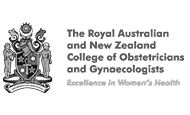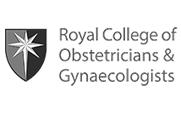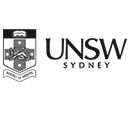Endometrial Aspirate
What is an endometrial aspirate?
An endometrial aspirate is an office procedure to obtain a tissue sample of the endometrium which is the lining of the uterine cavity. The sample is then sent to the pathology laboratory for analysis to check for abnormal cells.
When would you need an endometrial aspirate?
An endometrial aspirate is performed to check for presence of endometrial pathology. Common indications for an endometrial aspirate include:
- Excessively heavy periods
- Abnormal bleeding patterns such as prolonged or intermenstrual bleeding
- Postmenopausal bleeding
An endometrial aspirate is similar to having an endometrial curetting which is typically performed under general anaesthesia.
An endometrial aspirate should not be performed if there is a chance of pregnancy.
How is an endometrial aspirate performed?
To perform an endometrial aspirate, a speculum examination is required, similar to when a cervical screening test is obtained. Once the cervical opening is clearly visualized and an antiseptic solution is applied, a very thin, soft, blunt-tipped flexible tube called a pipelle is placed through the cervix and into the uterine cavity. There is a small opening on the side of the pipelle through which minute samples of endometrium can be aspirated. This works by way of a vacuum effect and does not involve any sharp instruments or cutting.
The procedure is usually well tolerated in the office particularly for women who have given birth vaginally as the cervical opening is more accommodating. Nevertheless, taking Nurofen or Naprogesic an hour before the procedure is likely to help with the minor discomfort during and after the procedure. If the cervical opening or the cervical canal is too narrow for the pipelle to pass through easily the procedure may be able to be performed in the office.
What to expect after an endometrial aspirate?
Following the endometrial aspirate, it is normal to experience a few days of minor spotting and mild pelvic discomfort. Tampon use and sexual intercourse should be avoided for 3-4 days after the procedure to minimise risk of infection. Follow-up arrangements should be made to discuss the results of the test and the treatment plan.















